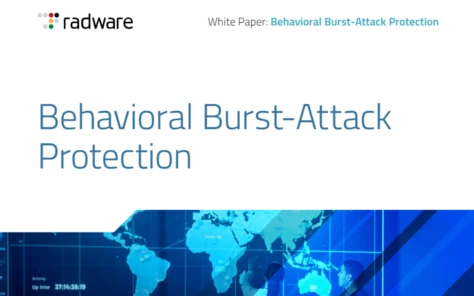Darktrace Acquired by Private Equity Firm Thoma Bravo in $5 Billion Deal
France And Germany Found Fouling Europe's Data Retention Rules

The European Court of Justice (ECJ) gave a verdict on Tuesday that restricts the keeping of data without cause in France and Germany. This has made the Europe's Data Retention Rules stronger within the continent.
French Case Against Europe's Data Retention Rules
The French Financial Markets Authority (Autorité des marchés financiers) allegedly flouted civil rights pertaining to data management. They obtained personal data from telephone calls that had been stored for a year in case the information might be useful for criminal investigators.
BREAKING: On Tuesday the European Court of Justice ruled that German data retention rules are not compatible with EU law. The ECJ in Luxembourg said that citizens' communications data may not be stored without cause. pic.twitter.com/duNkSser3l
— BNN Germany (@BNNGermany) September 20, 2022
The case involves two suspects, VD and SR. Both the suspects are accused of insider dealing, corruption, and money laundering. They contested the legal justification provided by the authority.
The Luxembourg-based ECJ determined that the EU's Directive on privacy and electronic communication cannot be disregarded by the Market Abuse Directive and the Market Abuse Regulation.
German Case Against Europe's Data Retention Rules
On a separate occasion, the German regulatory requirement that businesses preserve traffic and location data for all customers' conversations was contested by the telecom companies SpaceNet and Telekom Deutschland.
Firms Telekom Deutschland and SpaceNet took action in the German courts challenging the law that obliged telecom companies to retain customers' traffic and location data for several weeks. https://t.co/dwLjpVnfQA
— Roman Olejnikov (@ROlejnikov) September 20, 2022
According to the ECJ's ruling, national legislation that mandates the indiscriminate preservation of telecom traffic and location data in order to combat crime and ensure public safety is prohibited under EU law.
"EU law precludes national legislation which provides, on a preventative basis, for the purposes of combating serious crime and preventing serious threats to public security, for the general and indiscriminate retention of traffic and location data."
According to the judgement, the German law's mandate that telecom companies save location data for four weeks and traffic data for ten weeks. However, it may allow for "very precise conclusions to be drawn concerning the private lives of the persons whose data are retained”.
The judgement passed by the European Court of Justice says that mandatory data retention is legal only when there is a substantial threat to national security. It should also demonstrate to be genuine and present or foreseeable. According to the court, any such accommodation must be limited in duration. It should be tied to a particular threat. It must also be subject to judicial scrutiny.
Die Regelung zur #Vorratsdatenspeicherung in 🇩🇪 ist hoch umstritten. Ursprünglich waren Telekommunikationsanbieter verpflichtet, Daten anlasslos zu speichern und im Bedarfsfall Sicherheitsbehörden zur Verfügung zu stellen. Bundesjustizminister @MarcoBuschmann begrüßte das Urteil: pic.twitter.com/pi1IEHdJLx
— phoenix (@phoenix_de) September 20, 2022
German Justice Minister Marco Buschmann said that the decision led to "a good day for civil rights."
























